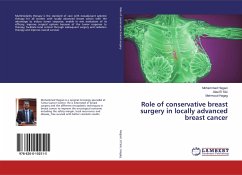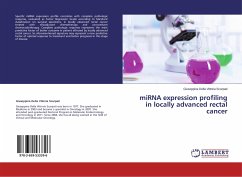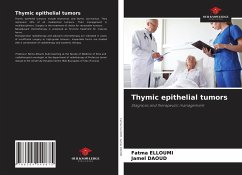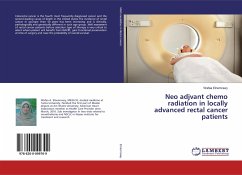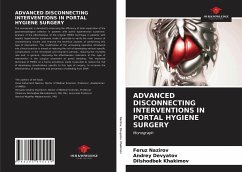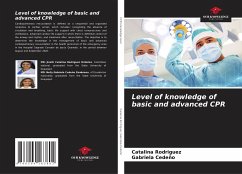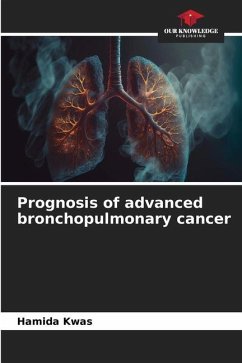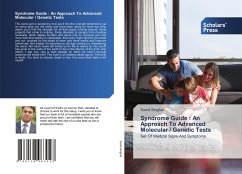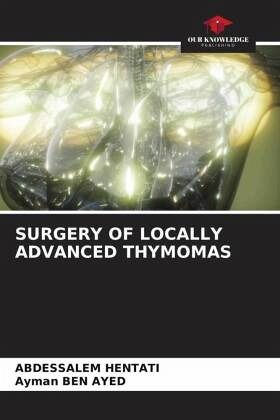
SURGERY OF LOCALLY ADVANCED THYMOMAS
Versandkostenfrei!
Versandfertig in 6-10 Tagen
29,99 €
inkl. MwSt.

PAYBACK Punkte
15 °P sammeln!
A thymic epithelial tumor usually develops in the anterior mediastinum, close to several important structures and organs, such as the pericardium, large vessels, lungs and heart. When the tumor is small and in the early Masaoka stage, no invasion of surrounding adjacent organs occurs, and tumor resection in this case to is relatively easy to perform. Preoperatively, a suitable approach should be consideredbe considered, such as a conventional median sternotomy, or a minimally invasive approach.In advanced stages of Masaoka, or for large tumors of aggressive histological types (such as type B2/...
A thymic epithelial tumor usually develops in the anterior mediastinum, close to several important structures and organs, such as the pericardium, large vessels, lungs and heart. When the tumor is small and in the early Masaoka stage, no invasion of surrounding adjacent organs occurs, and tumor resection in this case to is relatively easy to perform. Preoperatively, a suitable approach should be consideredbe considered, such as a conventional median sternotomy, or a minimally invasive approach.In advanced stages of Masaoka, or for large tumors of aggressive histological types (such as type B2/B3, or thymic carcinomas), invasion of adjacent organs may occur. In such cases, monobloc resection is generally considered difficult, and only incomplete resection is sometimes performed. Surgery alone in these patients often fails to control the disease or improve survival. A therapeutic strategy involving surgical treatment combined with multimodal therapy needs to be planned.



